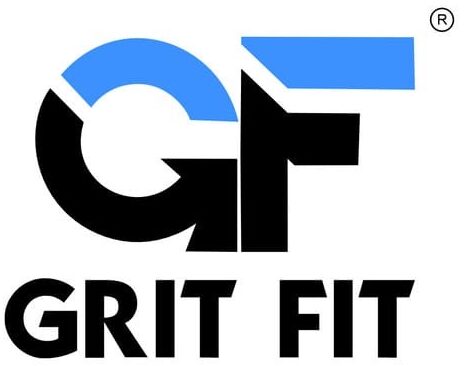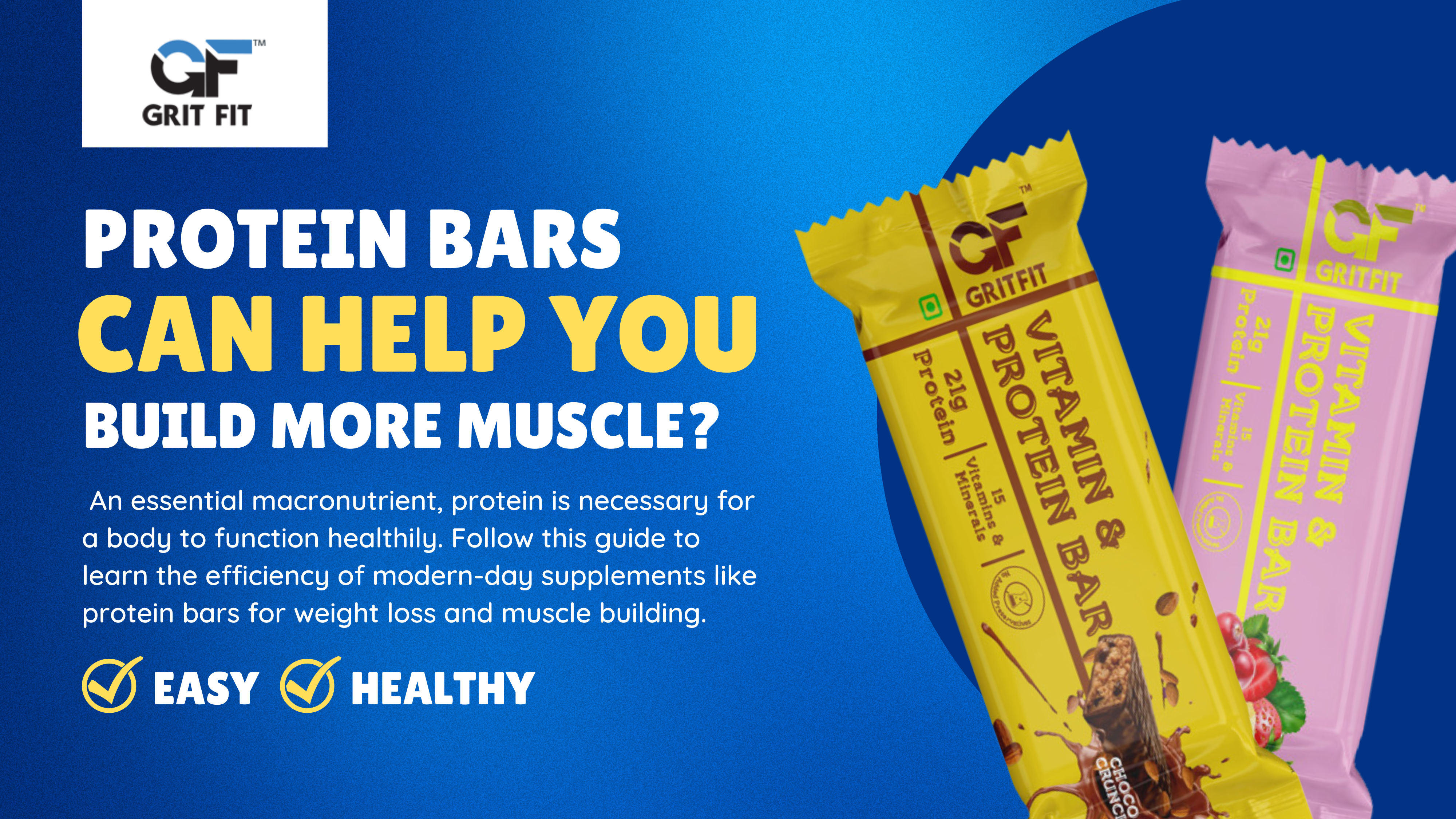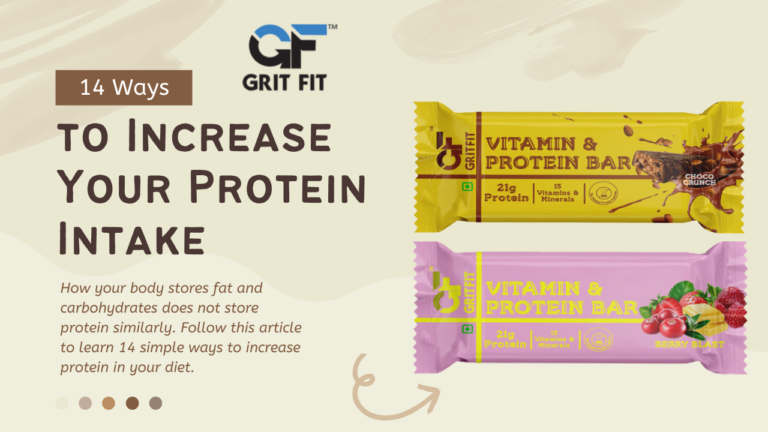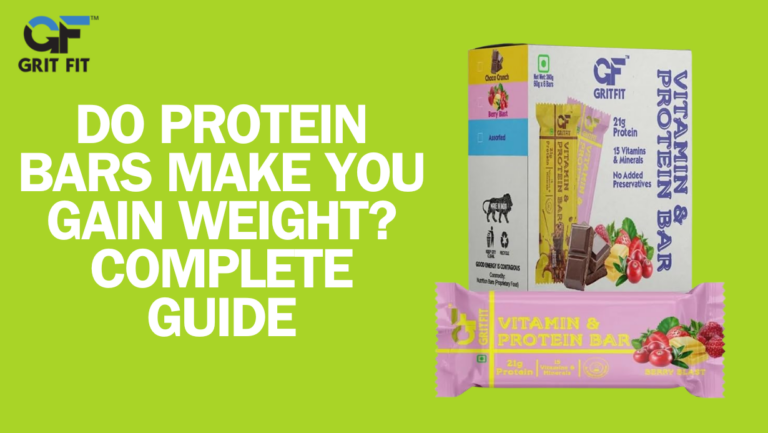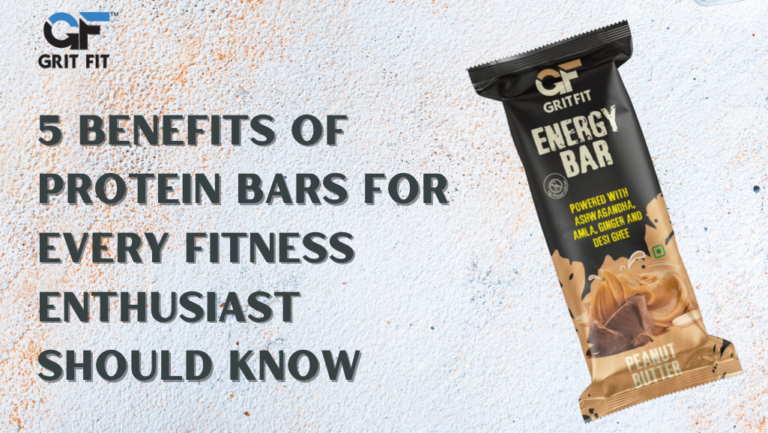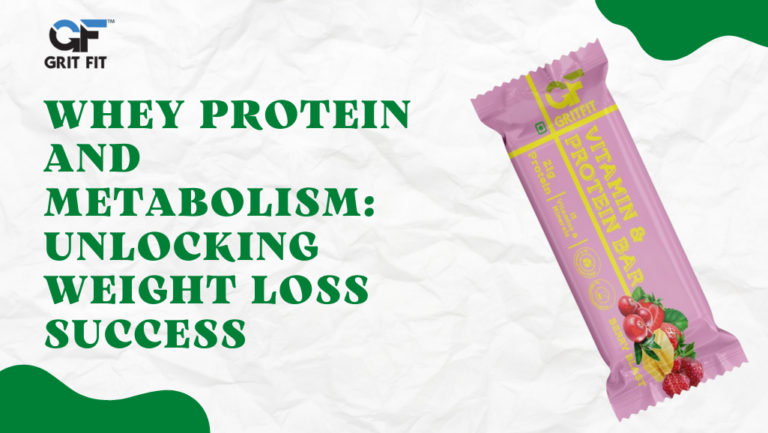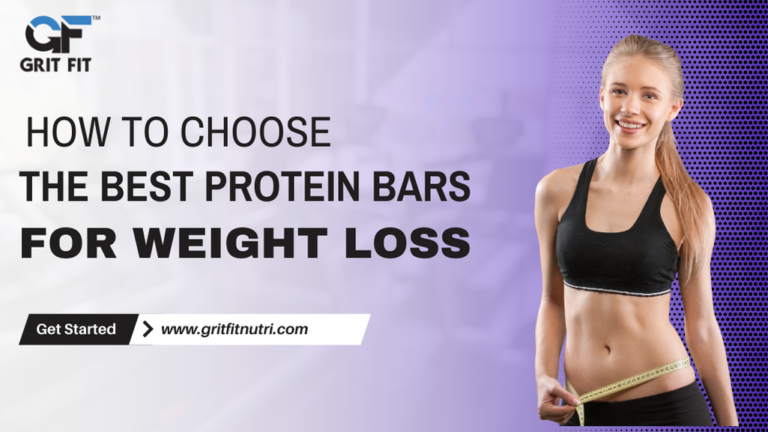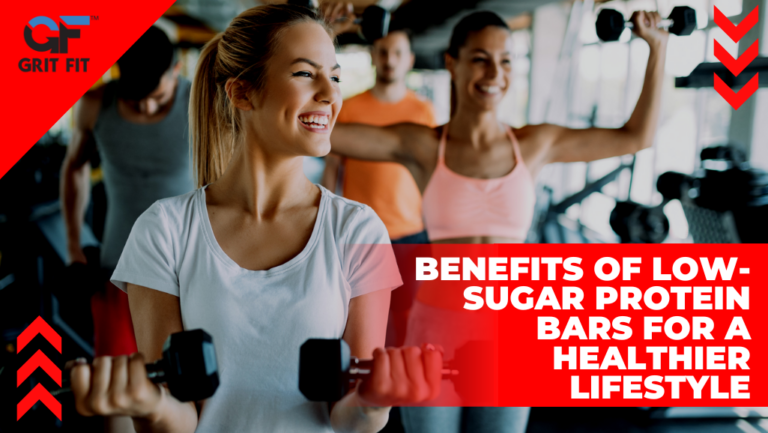Summary: An essential macronutrient, protein is necessary for a body to function healthily. Follow this guide to learn the efficiency of modern-day supplements like protein bars for weight loss and muscle building.
Key Takeaways:
- Protein bars provide a quick and simple approach to increasing protein intake, so they are a handy source of protein for muscle development.
- Choose a bar depending on protein content, fat, fiber, sugar, and calories. Search for choices of less added sugars, at least 10 grams of protein, and good fats.
- Although they are not a whole meal replacement, protein bars can generally supplement your diet.
- Protein bars best for muscle development and recovery should be eaten between meals or after an exercise.
Introduction
Protein bars have become increasingly popular among athletes and fitness enthusiasts due to their convenience and nutritional benefits. These bars are a great addition to muscle development since they offer a reasonable mix of carbohydrates, proteins, and fats. Furthermore, people often consume protein bars for weight loss, as they can adequately meet your dietary requirements.
However, selecting the correct protein bars for muscle building might be difficult. Navigating the protein bar shelves at the grocery store can be taxing, given the array of choices. Therefore, this guide will help you in selecting the best protein bars while emphasizing how they can support building muscle. Keep reading to learn more!
The Importance of Protein in Muscle Building
Muscles require protein to grow and recover. Especially with weight training, muscle fibers help minor injuries during exercise. The amino acids found in proteins help damaged fibers heal, promoting fresh muscle growth and changing the power level. Additionally, muscle health plays a vital role for you if you are an athlete or sports player. Thus, you can try various protein-rich foods in vegetarian and non-vegetarian options to suit your dietary needs.
How to Verify if Protein Bars are Healthy?
Protein bars can be good if you know what you are looking for. Factors like composition, ingredients, and nutrient pairing do affect the authenticity of a bar. Evaluate the factors, nutrition values, and ingredient list for the right fit.
- Type and Composition of Protein
First, look for the original source of protein. Common proteins used in bars are whey (milk-based, quick absorption), casein (milk-based, slow absorption), plant-based, and complete protein (providing all nine essential amino acids present in animal products). Furthermore, these bars stand tall with protein-rich foods for weight loss and muscle building.
Most bars offer more than 20 grams of protein; a decent protein bar will include at least 10 grams. Therefore, ensure that you are getting ideally enough for your requirements.
- Fats and Fibers
Both fats and fibers are important for protein as one of them helps in its digestion, and the other supports its functioning. Thus, find at least five grams of fiber in a protein bar for muscle growth. Fiber makes you feel full for longer and aids with protein digestion. For fats, further look for better choices including nut butter, chia seeds, or coconut oil mentioned in the ingredients. Moreover, ensure to steer clear of trans and saturated ones.
- Sugar in Your Protein Bar
Unless they are natural sugars, having a bar with a few grams of it is not bad. However, you have to be careful of the added sugars. Furthermore, check whether sugar alcohols are mentioned; these may not add to total calories but might be particularly difficult on your stomach if taken consistently or in great quantities. Alternatively, look for bars with sweeteners like coconut sugar, palm, and date sugar.
- Calories and Macronutrient
Whether a protein bar is supposed to be a snack or a meal replacement should determine which one you choose for muscle gain. If you want it to be a snack, choose a low-calorie option like our Dry Fruit Bars, which are made of premium quality nuts and are low in calories. For protein enthusiasts, we also have Vitamin & Protein Bar in two flavor variants, offering 21 grams of protein in every bar.
Whatever the goal, the protein bar must have some carbs since they enable faster protein breakdown.
How Protein Bars Support Muscle Building
Every day, 50 gms of protein is required to fuel your path of fitness. Therefore, you need the correct source of protein-rich foods for weight loss and muscle building. The following are the ways protein bars can assist you in achieving the requirement.
- Protein bars provide easy and quick enhancement of your daily protein intake. They are moveable and require no preparation; they can be eaten immediately following a workout when almost all of your muscles demand protein.
- Best protein bars include all the essential amino acids the body cannot produce on its own. Combining muscle proteins calls for these amino acids. Muscle protein production turns around these amino acids.
- One more quality of many protein bars is a good mix of fats and carbohydrates, which is essential for both frequent energy phases and muscle recovery. Carbohydrates replenish glycogen stores; lipids hold up hormone production and everyday cellular health.
- Protein bars can be a great lunch replacement or snack for people with hectic lives. This ensures that you consume the exact daily protein count for the upkeep and expansion of muscle.
When to Consume Protein Bars
While protein bars are handy for increasing your intake, timing is crucial to maximize their effects. Here’s when you might think about eating a protein bar:
- Protein bars could be good pre-workout food for extended or more demanding exercises to give a continuous supply of amino acids and energy during activity.
- A protein bar taken within 30 to one hour will hasten the muscle healing process. Referred to as the “anabolic window,” this time figure indicates that your muscles are practically entirely receptive to dietary cues.
- You can have protein bars for weight loss as snacks in between meals to maintain your weight for muscle recovery. Protein bars can help your body maintain a good nitrogen balance—necessary for muscle development. It also helps muscles not fall during longer fasts.
Conclusion
Protein bars and dry fruit bars can be handy for everyone trying to build muscle. They offer a quick and simple way to boost protein intake and support muscle repair. Selecting the best protein bars and including them in your diet is also crucial. Good planning will help you maximize the gains and satisfy your muscle-building targets.
